The Bellaire VEX Robotics team attended the 2024 VEX Robotics World Championships at the Kay Bailey Hutchison Convention Center in Dallas from April 25 to April 27. Out of the 82 teams in their division, they placed 29th. They were also awarded a sportsmanship trophy.
VEX Robotics is a robotics program described as “educational robotics for everyone.” It is not only “affordable and accessible,” but also fosters teamwork, creativity and problem-solving. Started in 2007, it now has over 20,000 registered teams across the world in 50+ countries.
This year’s competition was a game of Over Under, which involved using a student-designed and created robot to score points. Points could be scored by getting triballs into the goal and by elevating your robot off the ground with bars at the end of the match.
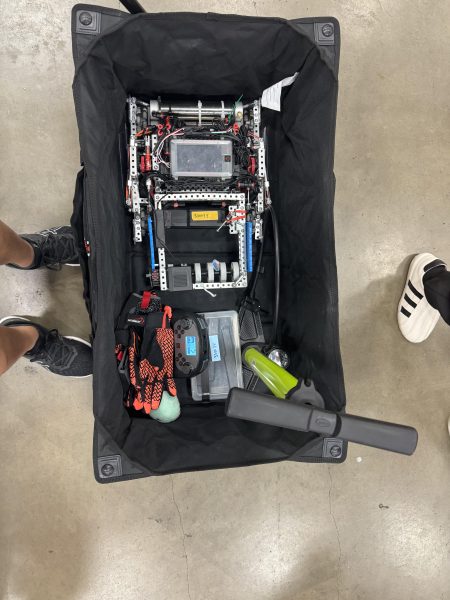
Bellaire’s team is made up of seven students: freshman Eric Xu, sophomores Aria Jin and David Chen and juniors Dylan Wang, Andy Shen, Eric Xu, Ethan Liu and Samuel Deng.
The team attended multiple regional competitions to qualify for the championship. This process was the “most difficult” but also the “most significant” for Jin, especially as part of a rookie team. But having her teammates made a key difference.
“VEX isn’t just robotics, it’s really working together as a team,” Jin said. “If you’re skilled in building and coding, you’ve completed [half] of the work, but you really need a team. This is really the most visible in the world championship when everyone is stressed [during] matches.”
Especially as the programmer of the team, Wang quickly learned that “nothing will go right the first time you try it.” Having to code the robot’s routine at the start of each match, Wang said it was very difficult to create a routine that was perfect every time.
“There was almost bound to be something that broke or went wrong during a match, and you had to be ready to change either the code or the build of the bot to stay competitive,” Wang said. “You always have to be on your feet and ready to act if something goes wrong.”
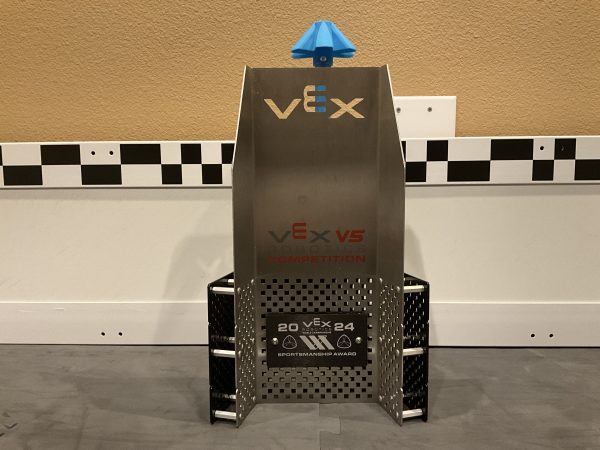
The competition was attended by teams from all over the world, ranging from China, Mexico, Canada and the Philippines.
“I was able to [see how] everyone used different subsystems or ways to overcome an obstacle,” Jin said. “Also, I was able to meet really good teams that even had YouTube channels that I watched, and it was just exciting to be able to see them in person.”
The team’s sponsor, computer science teacher Trent Landry, watched the team grow closer as they developed their robot. At first the robot was “huge”, but Landry said it became smaller and faster “little by little.”
“In the beginning, the team started off as strangers,” Landry said. “They began hanging out and watching movies [as] they discussed their plans. During the competition, everyone attacked their roles with passion. They were always respectful and lifted each other up.”
Although the team placed within the top half, they were not selected to advance to playoffs. Despite this, Wang said the competition went better than [they] expected, especially as a new team not banking on winning so many matches.
“The environment was pretty great,” Wang said. “The fact that I was walking among the top high school engineers from all around the world was a feeling that I still remember today.”

For Jin, the highlight of the competition was the final round where she watched teams that were “the best of the best.”
“There were flashing lights, loud music with a DJ and everyone just had a lot of fun,” Jin said. The stadium was full of people from around the world, and I couldn’t fathom that everyone worked on the same game and developed similar skills to get to the same place.”
Wang believes that VEX is essentially a sport although it does not feature human players. He describes it as similar to motorsports such as Formula One in that the cars are built and driven by humans, but it’s the car itself that moves and crosses the finish line.
“The same principle applies with VEX — except every year the game changes, constantly encouraging teams to think of new solutions and ways to score as many points as possible,” Wang said. “Every April, after world championships, a new game is revealed and teams have the rest of the year to build a bot and constantly modify it.”
VEX is also an outlet for people not yet in the professional engineering field to demonstrate their skills while having fun at the same time.
“It’s a near-emulation of the real engineering world, which often boils down to designing a certain thing for a certain task with certain constraints, whether it’s a car, bridge or airplane,” Wang said. “In a way, a sizable chunk of competitors in VEX are the world’s future engineers.”
To keep up with the VEX Robotics team and their future competitions, you can follow its Instagram @beanbotics.






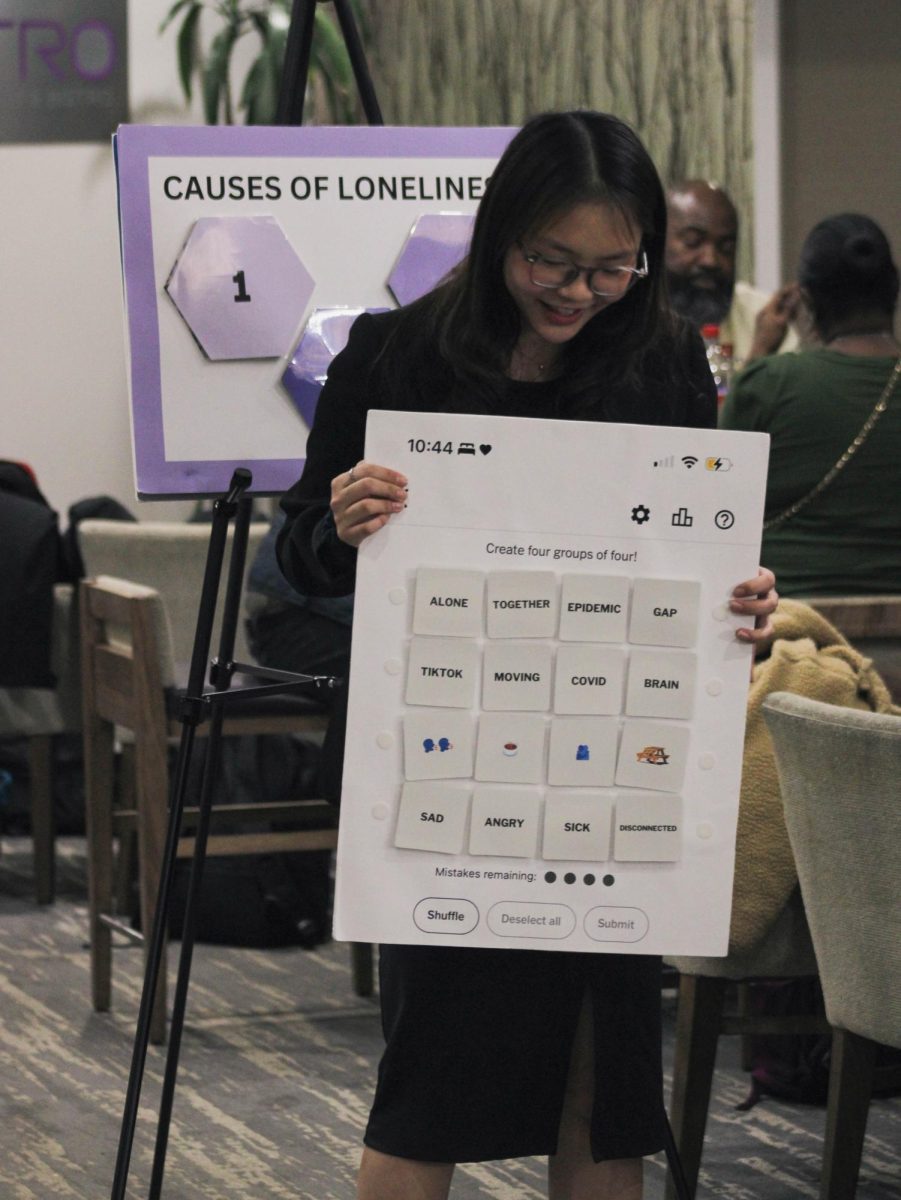




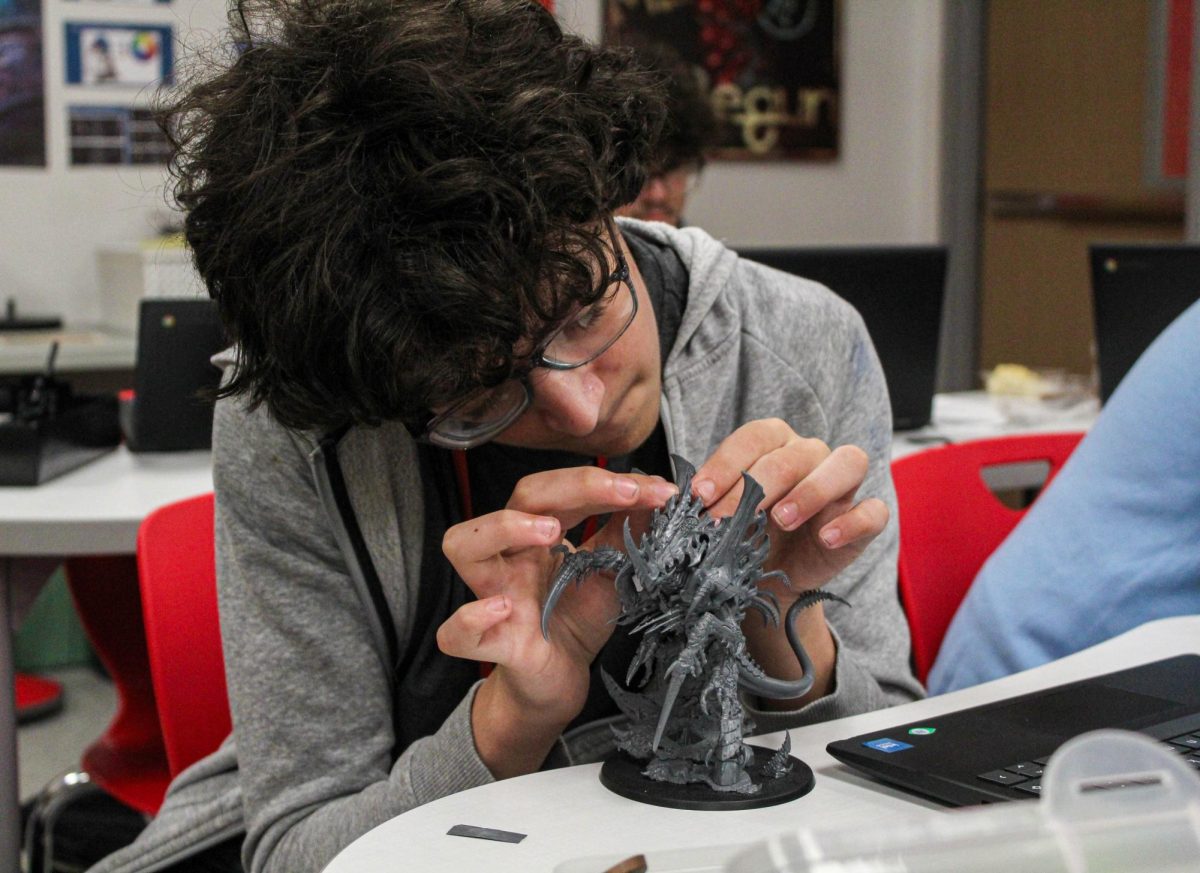
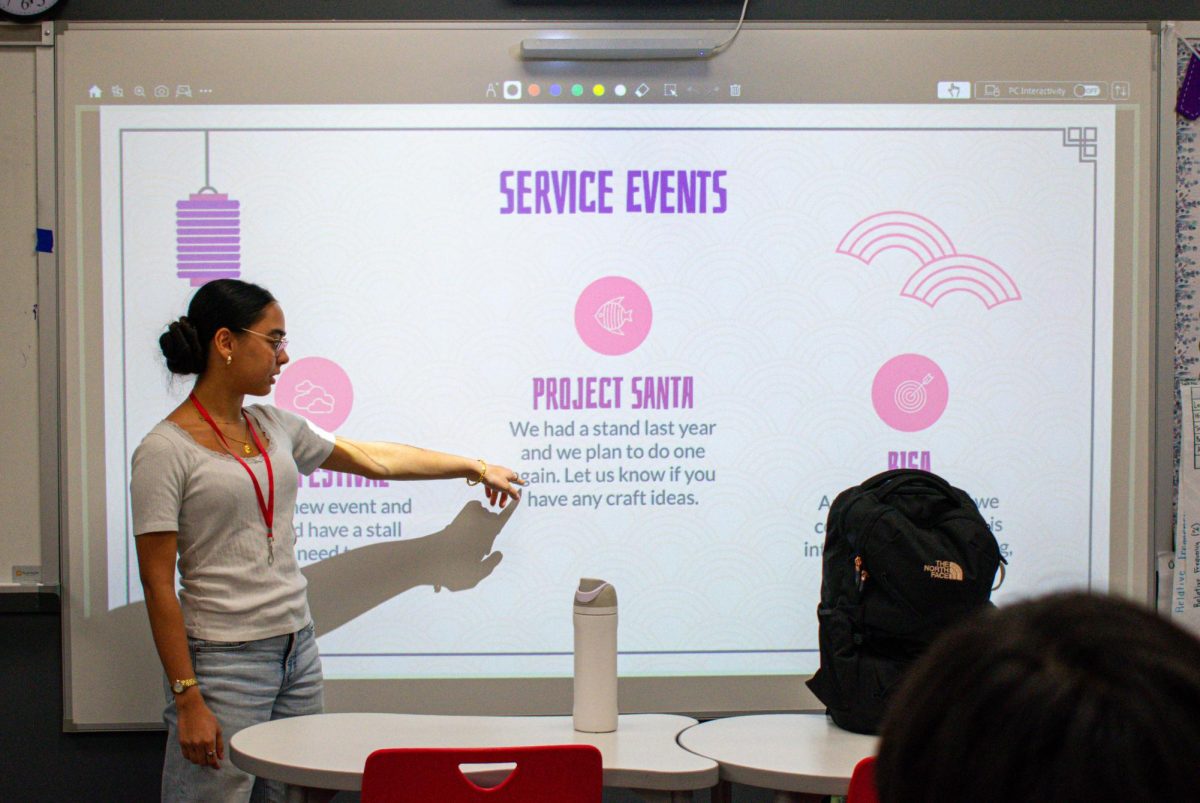



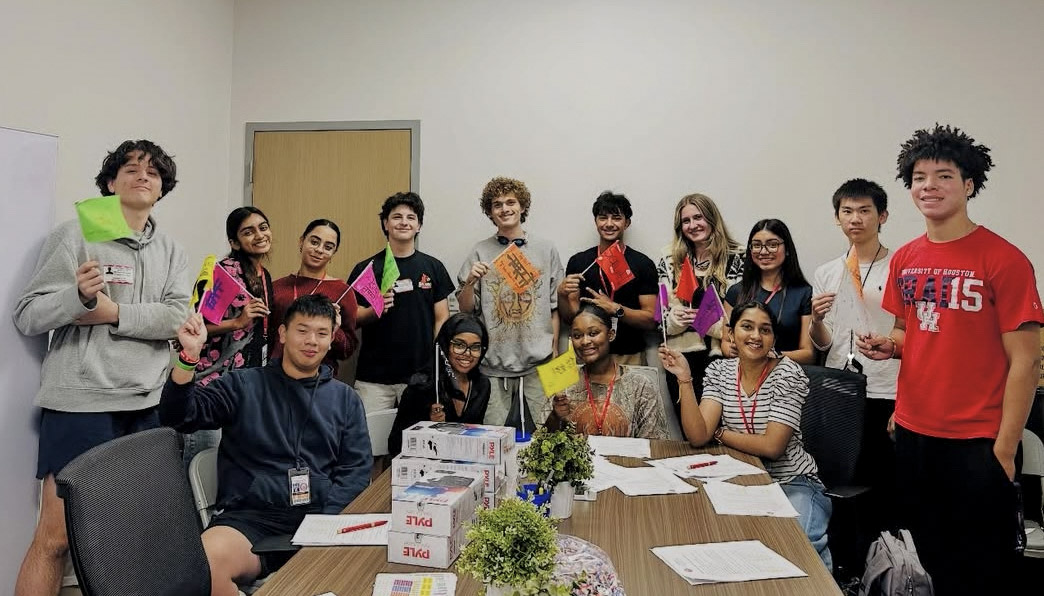
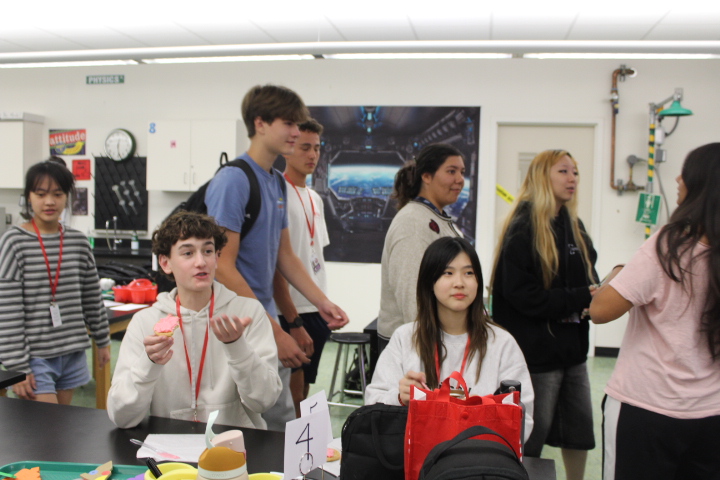
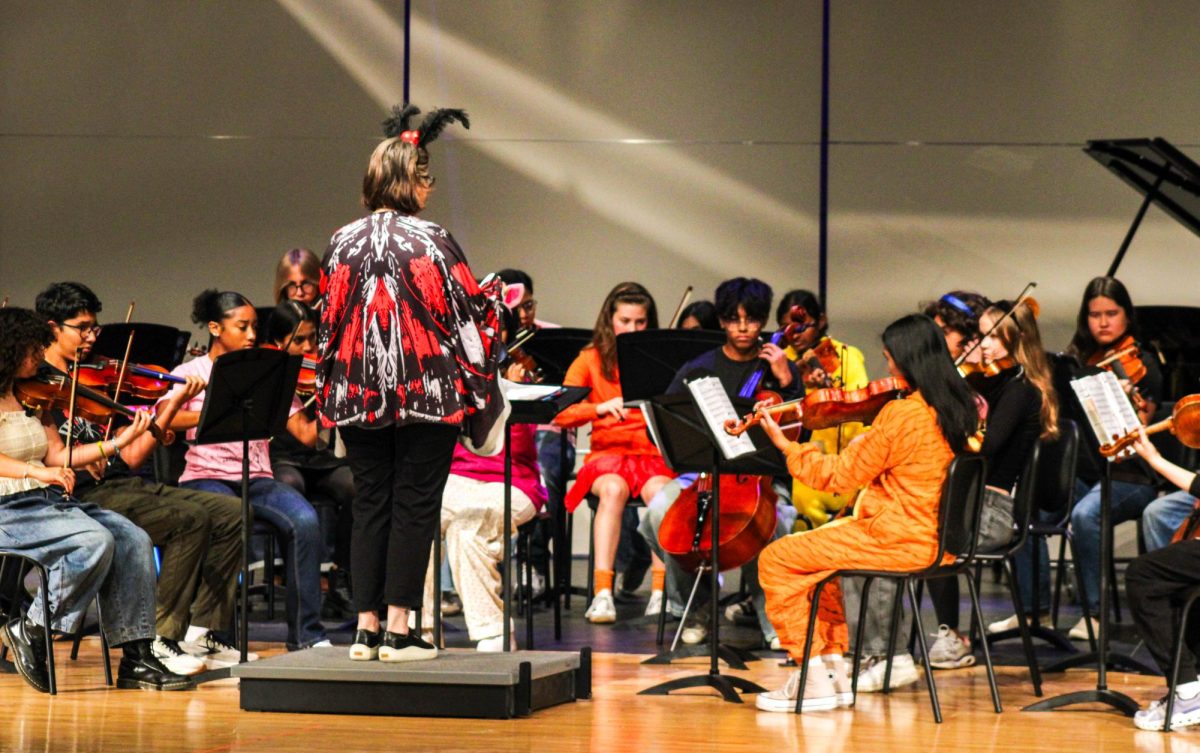
Weston Benner • May 30, 2024 at 9:35 pm
Love the pun and the story! Great work! The in-depth quotes and flashbacks to building the robot are a nice touch
Weston Benner • May 30, 2024 at 9:32 pm
Love the pun and the story! Great work!
Lillian Snell • May 29, 2024 at 10:54 pm
I’m not even super into robotics, and this was incredibly interesting! Great story.
Clementine Behelfer • May 29, 2024 at 9:49 am
This is an amazing piece Serena, good job!